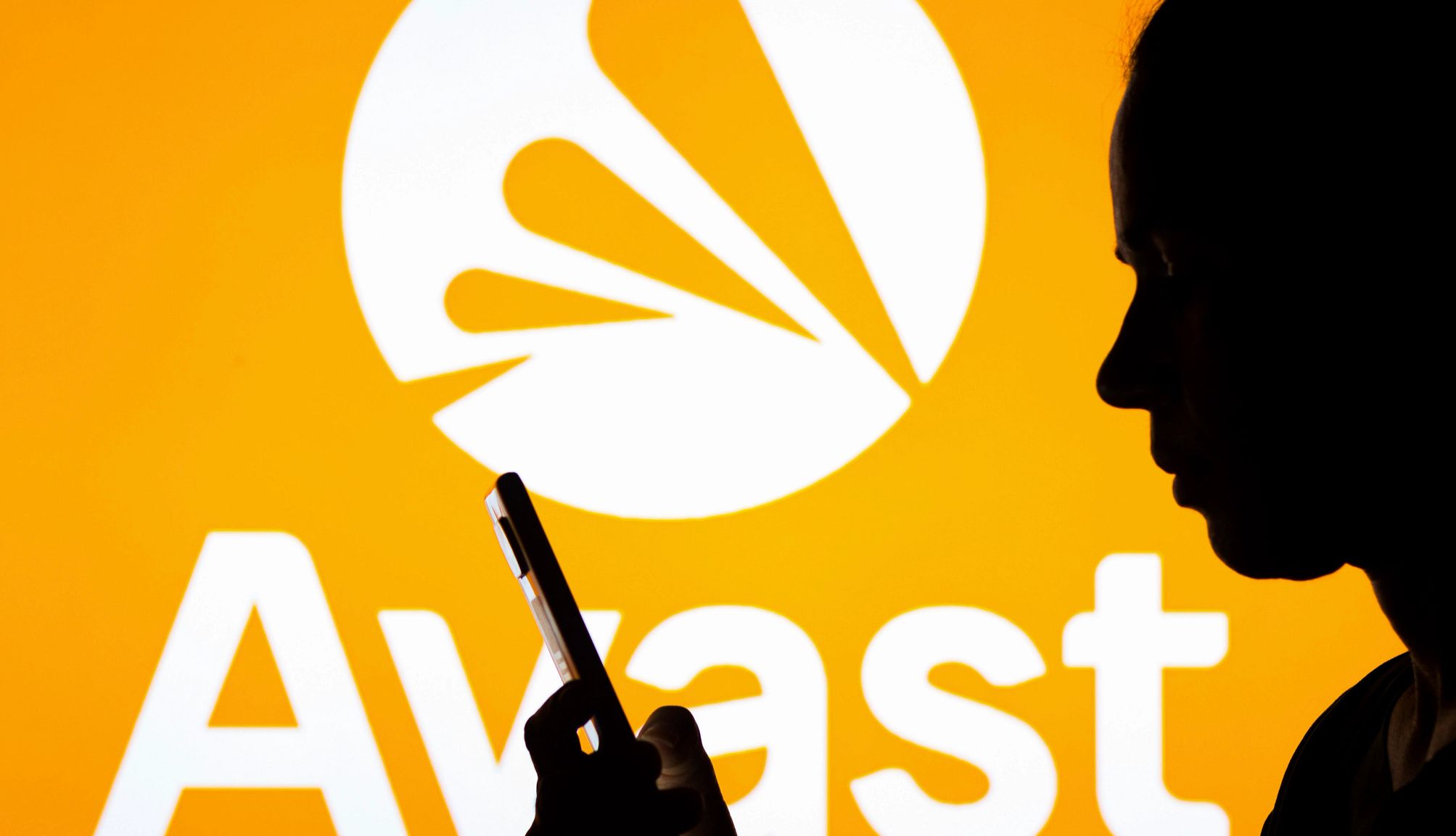
Antivirus software maker fined $16. 5 million for selling users’ data
- Select a language for the TTS:
- UK English Female
- UK English Male
- US English Female
- US English Male
- Australian Female
- Australian Male
- Language selected: (auto detect) - EN
Play all audios:
Consumers put their faith and trust in antivirus and other digital security companies to safeguard their devices and online activities and to keep personal information private. When the
Federal Trade Commission (FTC) announced Feb. 22 that it had fined antivirus software creator Avast $16.5 million to “settle charges that the company sold such information to third parties
after promising that its products would protect consumers from online tracking,” some people may have been taken aback. United Kingdom-based Avast Ltd., through a since disposed-of Czech
subsidiary named Jumpstart, collected and stored consumers’ browsing information that it obtained through antivirus software and browser extensions. Without consumers’ consent, it sold that
data to more than 100 third parties, including advertisers, marketing and data analytics companies, and data brokers, the FTC says. ‘IT’S AN IRONY NOT LOST ON THE FTC’ “Avast promised users
that its products would protect the privacy of their browsing data but delivered the opposite,” Samuel Levine, director of the FTC’s Bureau of Consumer Protection, said in a statement from
the government agency. “Avast’s bait and switch surveillance tactics compromised consumers’ privacy and broke the law.” The alleged activity took place from 2014 to 2020. As part of the
punishment, the FTC also banned Avast from selling web browsing data for advertising. “It’s an irony not lost on the FTC that Avast made … privacy promises while trafficking in consumers’
browser histories,” FTC attorney Lesley Fair wrote in a blog post about the fine. In its own statement shared with AARP, Avast acknowledged that it “reached a settlement with the FTC to
resolve its investigation of Avast’s past provision of customer data to its Jumpshot subsidiary that Avast voluntarily closed in January of 2020.” “We are committed to our mission of
protecting and empowering people’s digital lives,” Avast officials went on to say. “While we disagree with the FTC’s allegations and characterization of the facts, we are pleased to resolve
this matter and look forward to continuing to serve our millions of customers around the world.” HOW DOES THE FTC’S ACTION AFFECT YOU? The FTC plans to publish a consent agreement in the
Federal Register soon. Then the public will have 30 days to comment on the agreement before it is made final.